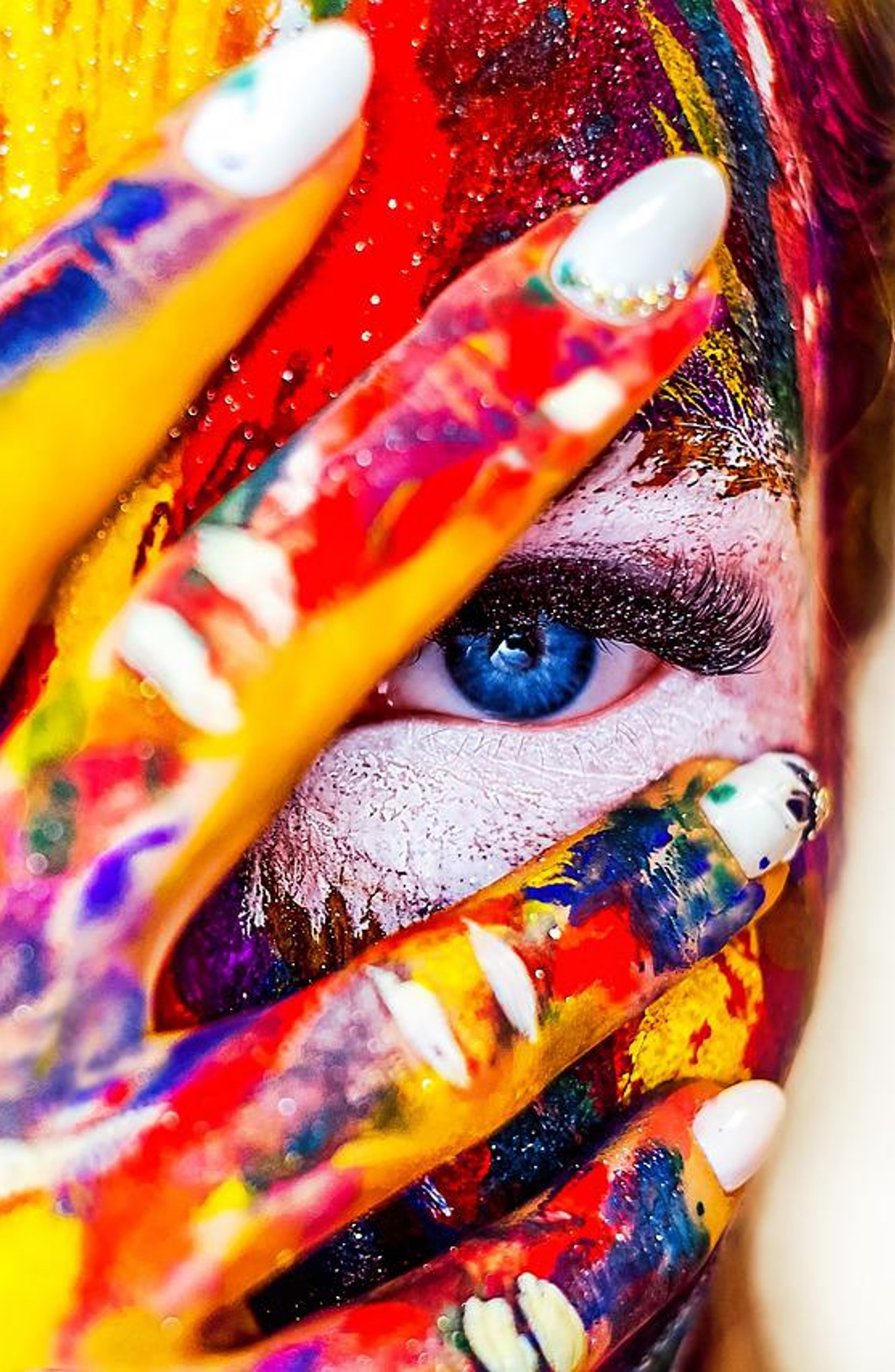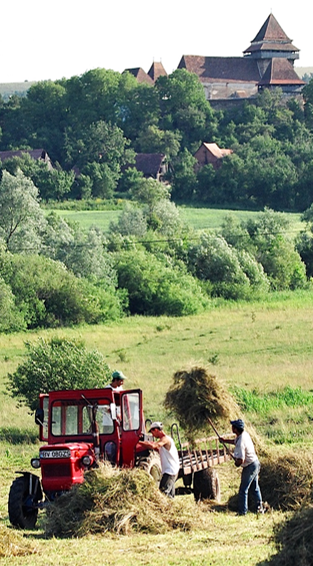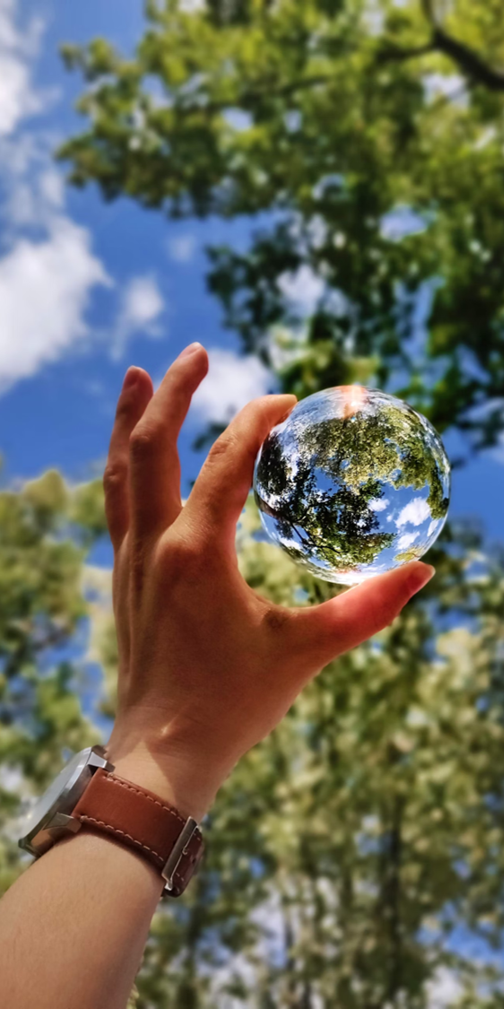Past Sessions
To find out more about the sorts of topics and ideas we explore at Interchange, take a look at the schedule of previous sessions below:

Engaging with Creative Practice - 24 May 2022
How can creative practice be a pathway to impact? How do you go about collaborating with creative practitioners, and what do they need from us as partners or beneficiaries? What makes a successful project of this type?
| Speakers: | Dr Rachel Turner-King (Education Studies), Dr Bobby Smith (SCAPVC - Theatre and Performance Studies), and Charlotte Hale Smith from Flux Dance. |
| Chair: | Professor Jackie Hodgson (School of Law) |
Dr Rachel Turner-King and Dr Bobby Smith are delivering Acting on Climate, an ESRC-funded impact project using dance, drama and digital arts to introduce young people in Coventry to the often overwhelming, gloomy issue of climate change. They are working with local artists Flux, Lens Change, and Ashley James Brown. This work is part of an international project led by Professor Kathleen Gallagher (University of Toronto) entitled Global Youth (Digital) Citizen-Artists and their Publics: Performing for Socio-Ecological Justice.
Experiences of Engaging with Government & Policy - 1 November 2022
How do researchers go about engaging with politicians, policymakers, civil servants and other government groups? How can researchers build networks and reciprocal trust with this sort of audience, and how is change actually realised in this sphere?
Speakers:- Professor Richard Hastings (Centre for Educational Development, Appraisal & Research)
- Dr Nikoleta Jones (Institute for Global Sustainable Development)
The key idea underpinning Nikoleta's research is that biodiversity conservation policies can be more effective when we incorporate the complexities of socio-ecological systems in policy decision-making. Her research assists practitioners to identify pathways for increasing public support for nature protected areas and promoting responsible behaviour by all users.
Richard and colleagues are working with a number of learning disability support organisations in multiple research projects, often in close partnership, sometimes directly co-producing research. All CEDAR’s research projects involve engagement with children or adults with learning disabilities or autism, or with their family members. We are also working directly with NHS England and Improvement in the Midlands region through an ESRC IAA current project and have connections over several years with policymakers in the learning disability and autism fields.


Environment & Sustainability - 8 June 2023
Addressing the climate crisis and generating sustainable solutions for society is at the top of the agenda for the university, the region, the nation and the world. What role can Arts and Social Sciences researchers play, and how can we ensure our contribution finds the right audience?
Speakers:
- Dr Caroline Kuzemko (Politics and International Studies)
- Dr Pietari Kaapa (Centre for Cultural and Media Policy Studies)
Pietari works in the field of Environmental Media Studies, focusing especially on green film and TV production. Pietari leads the AHRC-funded Global Green Media Network (with Dr Hunter Vaughan, University of Cambridge) and has recently co-edited Film and TV Production in the Age of the Climate Emergency: A Greener Screen, which features perspectives on green production, policy, digital infrastructure and audiences from mainland Europe to Zanzibar, from Colombia to the UK.
Caroline’s research area is the politics of climate change and of sustainable energy transitions. This entails in-depth explorations and explanations of the many ways in which politics and policy enable and/or constrain processes of decarbonisation in energy, and of the importance of delivering more equitable outcomes via sustainable transitions.
Chair: Professor Jerry Ahearne (Deputy Chair of the Faculty of Arts (Research and Impact))
Health & Wellbeing - 5 December 2023
| Issues of health and wellbeing – from adolescent mental health, to empowering vulnerable communities in policy decisions - are at the forefront of many contemporary debates and research efforts. What distinctive contributions are Arts and Social Science researchers at Warwick making to improving health and wellbeing? What key principles are at stake in this space, and how can we ensure our research makes a meaningful difference? |
- Dr Fabiola Creed & Professor Hilary Marland (Department of History)
- Dr Mark Fabian (Department of Politics and International Studies)
- Chair: Professor Jerry Ahearne (Deputy Chair of the Faculty of Arts)

Hilary MarlandLink opens in a new windowLink opens in a new window is a Professor in the Department of History and PI on the on the Wellcome Trust Investigator Award project ‘The Last Taboo of Motherhood? Postnatal Mental Disorders in Twentieth-Century Britain’, which explores changing diagnoses, treatment, and attitudes towards postnatal mental illness across the twentieth century, including the framing of the condition postnatal depression after the 1960s. Fabiola CreedLink opens in a new windowLink opens in a new window is a Postdoctoral Research Fellow on the project, whose work focuses on narrative accounts, lived experience and media representations. Of postnatal mental illness. They have recently collaborated with Fuel Theatre Company and playwrights Courtney Conrad, Bryony Kimmings, and Sara Shaarawi on three audio pieces for a touring installation, which responds to their research. It will be at Warwick Arts Centre 4 – 11 November 2023Link opens in a new windowLink opens in a new window as part of the Resonate Festival.
Mark FabianLink opens in a new windowLink opens in a new window is Assistant Professor of Public Policy at Warwick and an Affiliate Fellow at the Bennett Institute for Public Policy at Cambridge. He works on wellbeing from an interdisciplinary point of view with a focus on policy applications. Since 2021, he has been working with the national anti-poverty charity Turn2us and their Edinburgh branch to coproduce, along with their service users, a wellbeing framework and associated theory of change to inform and enhance their work.
Schools - 14 February 2024
| Schools are a popular first port of call for researchers embarking on their impact journey. And for good reason, because from the sheer satisfaction of seeing young minds expand and grow, through ensuring curricula and teaching materials reflect current thinking, to the critical role all facets of schooling play in advancing social justice, there are plenty of places where Arts and Social Sciences researchers can have valuable input. However, it is not necessarily an easy route to sail, nor do researchers always begin with the knowledge and skills they require to generate impact from collaborating and working with schools. This edition of Interchange explores what distinctive contributions Arts and Social Science researchers at Warwick are making through schools’ impact work. As well as asking what key principles are at stake in this space, and how can we ensure our research makes a meaningful difference? |
- Dr Paul Grigsby (Department of Classics and Ancient History)
- Dr Rebecca Morris (Department of Education Studies)
- Chair: Professor Chris Doran (Deputy Chair of the Faculty of Social Sciences)

Dr Paul Grigsby is a Research Fellow in Outreach and Impact in Classics and Ancient History. Paul runs the Warwick Classics Network, which was set up to promote the teaching of Classics in schools and to provide teachers with support and resources. Since its inception in 2018, the WCN has worked extensively with students and teachers to give them access to the latest research tailored to the school curriculum. Their work has led to several local schools introducing and expanding the teaching of Classics as a subject.
Dr Rebecca Morris is an Associate Professor in the Department of Education Studies. Her research interests include education policy, the teaching workforce, assessment and feedback, literacy and English, and widening participation. Becky is a current holder of an ESRC IAA (Impact Acceleration Account) project focusing on developing the implementation of evidence-based approaches to GCSE English and Maths resits, and informing policy debates around this topic. Prior to working in higher education, Becky was an English teacher in secondary schools in Birmingham.
